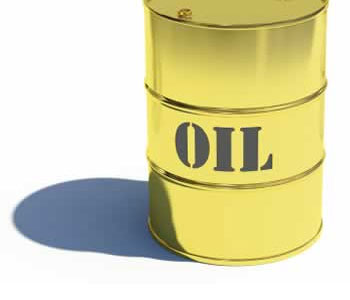Oil prices rose on Thursday as signs Saudi Arabia and Russia would limit production through next year outweighed record U.S. exports and the return of production at a major Libyan oilfield.
“Bullish comments from the Russian and Saudi Energy ministers are helping arrest the recent decline in oil prices,” said Stephen Brennock, analyst at London brokerage PVM Oil Associates.
Brent was up at 56.99 dollars a barrel by 12.25 p.m. EDT (1625GMT). U.S. crude rose 86 cents to 50.84 dollars.
Both benchmarks have fallen more than five per cent over the last week as
investors booked profits after almost three months of gains.
Potential demand decreases and pressure from production increases in the U.S., Libya and Nigeria could all threaten the rally, expert cautioned.
Russian President Vladimir Putin said this week that a pledge by the
Organisation of the Petroleum Exporting Countries and other producers, including Russia, to cut oil output to boost prices could be extended to the end of 2018
It will not expire in March 2018 as predicted earlier.
Russian Energy Minister Alexander Novak said on Thursday that Moscow would support new countries joining the agreement to restrict oil supply.
The statement came as Saudi Arabia’s King Salman visited Moscow.
The pact on cutting output by about 1.8 million barrels per day (bpd)
took effect in January this year.
Despite this, other factors weighed on oil prices, including the return to
production of Libya’s Sharara oilfield after an armed brigade forced a two-day shutdown.
Higher U.S. oil exports also dampened market sentiment.
U.S. crude oil exports jumped to 1.98 million bpd last week, surpassing
the 1.5 million bpd record set the previous week, the Energy Information Administration said.
The increase followed a widening of the discount for U.S. crude against
Brent, making U.S. oil attractive on world markets.

